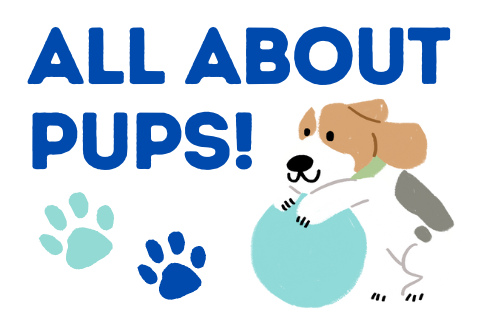There are a lot of things you can feed your 2-month-old puppy, but it is important to choose foods that are nutritious and age-appropriate. Puppies this age should eat mostly wet food, as it is easier to digest than dry food. You can also give them small amounts of cooked meat or eggs, raw fruits and vegetables, and whole grain bread. Be sure to avoid giving your puppy anything that is salty, fatty, or sugary, as those foods can be harmful to their developing digestive system.
You can also give them small amounts of puppy-specific treats, as long as they are nutritionally balanced. Finally, always make sure your puppy has access to plenty of fresh, clean water throughout the day. With the right nutrition and plenty of love and attention, you can help your pup grow up healthy and happy!
As your puppy grows older, you may decide to switch their diet from wet food to dry kibble or a combination of both. When switching foods, it is important to do so gradually over a period of 7–10 days in order to avoid upsetting their digestive system. Additionally, look for premium quality dog foods that are specially formulated for puppies and contain all the necessary vitamins and minerals they need at this age.
Following these simple tips can help keep your puppy healthy and thriving.
Another important part of your puppy’s diet is supplements. Most puppies will benefit from a daily multivitamin or probiotic supplement to boost their immune system and help promote overall health. You should also talk with your vet about any other nutritional needs your pup may have, such as fatty acids for skin and coat health or joint support for active pups. Taking the time to ensure that your puppy is getting all the nutrition they need can pay off in the long run!
Finally, never forget the importance of providing plenty of exercise, socialization, and mental stimulation for your pup. Exercise helps keep their bodies strong and prevents boredom-related behaviors like destructive chewing or excessive barking. Socializing them with other people and animals is also important for their emotional development, while mental stimulation can be achieved through games like hide-and-seek or puzzles. With the right combination of nutrition, exercise, and loving care, you can help provide your pup with a happy and healthy start to life!
